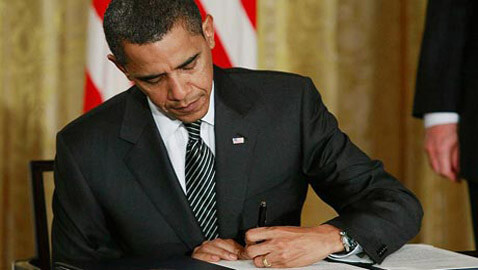
Positions that are exempted from the requirement of Senate approval under the new legislation include the Treasurer of the United States, the deputy administrator of the Federal Aviation Administration, the chief medical officer at the Department of Homeland Security, the director of the Bureau of Justice Statistics, the chief scientist at the National Oceanic and Atmospheric Administration, the director of the Selective Service, and members of the President’s Council of Economic Advisers, among others.
In general, appointments of policymakers are not exempted from the requirements of Senate approval, but lesser jobs like assistant secretaries for public affairs, legislative affairs or management would now be directly handled by the executive branch of the government.
The new law would help to clear the backlog in senior appointments in the government and at least 166 senior government officials would no longer require Senate approval and presidential nomination would be sufficient. Also, the new measures would exempt the appointments and promotions of 2536 members of the Public Health Service and 319 members of the National Oceanic and Atmospheric Administration from the requirement of Senate approval.
The bill had passed 261 to 116 in the House and drew bipartisan support from lawmakers who welcomed the executive branch of the government being free from Senate supervision to the extent possible.
Representative Jason Chaffetz, a Utah Republican, said on the House floor, “There is little dispute that the current nominations process has grown too cumbersome and complicated, in some cases discouraging qualified individuals from seeking leadership positions.”
The new law had been introduced last year by Senator Charles E. Schumer, a New York Democrat, who had the support of both the Senate majority leader and the minority leader. The Senate had passed the bill last summer 79-20.
Proponents of the new law say it would help speed up the appointment of presidential appointees, without which top positions in the administration lie vacant for long times and affect the operations of the country.






































